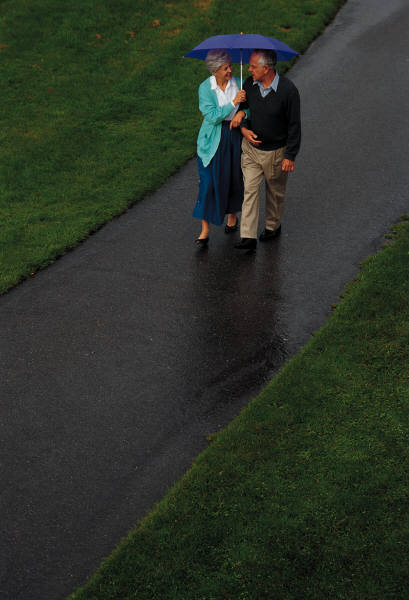 Lonely days and nights can lead to health problems; older adults need interaction to stay vibrant
Lonely days and nights can lead to health problems; older adults need interaction to stay vibrant
In a series of interviews with older adults in our community, we were disheartened to hear about feelings of isolation:
- “Those four walls can feel like a prison,” said Loretta, who started visiting a center regularly to socialize and play cards – her passion. “FiftyForward has become my family.”
- Bob said he comes to our centers because it gives him something to do. “I am lucky; I can still drive and can get around, but there are many guys like me who need to get out … to do something.”
- Gloria explains that her visits give her the chance to exercise. In addition, she says, “I have met some really great people.”
- TC says,“You can only watch so much Gunsmoke … you gotta get out.”
Luckily, these individuals sought out social interaction by joining a lifelong learning center. Social connections are vital to our physical, emotional and mental well-being. Illness or age-related mobility issues, including the loss of driving, can create challenges to social interaction, leading to isolation.
It turns out, isolation can be a killer. Numerous studies point to isolation as a factor in loneliness, health decline and earlier morbidity. What can friends and families of older adults do to prevent the problem?
Visit. Offer to take older adults to the store, church or other places for interaction. Senior centers and community centers offer activity and may spark new friendships.
Encourage volunteerism. Volunteering is beneficial to both volunteer and recipient. Older adults have many years of life experience and talents that can benefit others.
Suggest a class. Learning new things at any age creates opportunities. Many older adults have discovered an artistic side in their later years, including writing, painting, drawing, quilting, knitting, crocheting and more.
Embrace technology. Phone contact and online interaction (Skype or Facetime, for example) can be a lifeline. Many older adults feel isolated due to hearing loss. Helping them get hearing aids or an assistive device can improve communication, and consequently social interaction.
Get physical. Yoga, dance and tai chi are activities offered at a number of community centers, including at FiftyForward centers in Middle Tennessee. Regular exercise has physical and mental health benefits.
Relatives of older adults should watch for signs of isolation. Some risk factors include living alone, driving cessation, health conditions and/or disability, hearing loss, bad eyesight or other sensory impairment. Contact a center in your area to find assistance, programming and services to help a loved one avoid isolation.
Originally published in January 2017 Mature Lifestyles. Written by Susan Sizemore.


